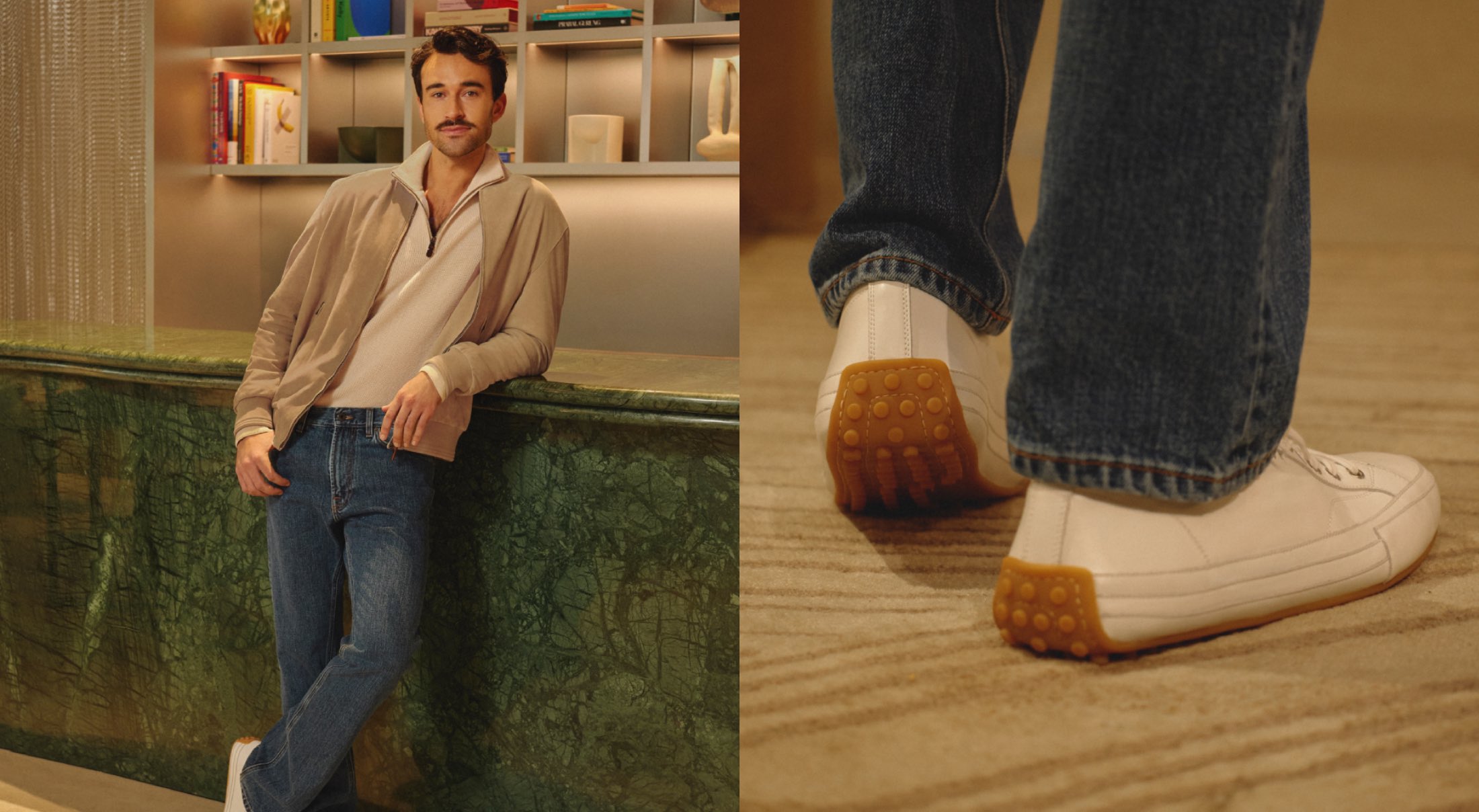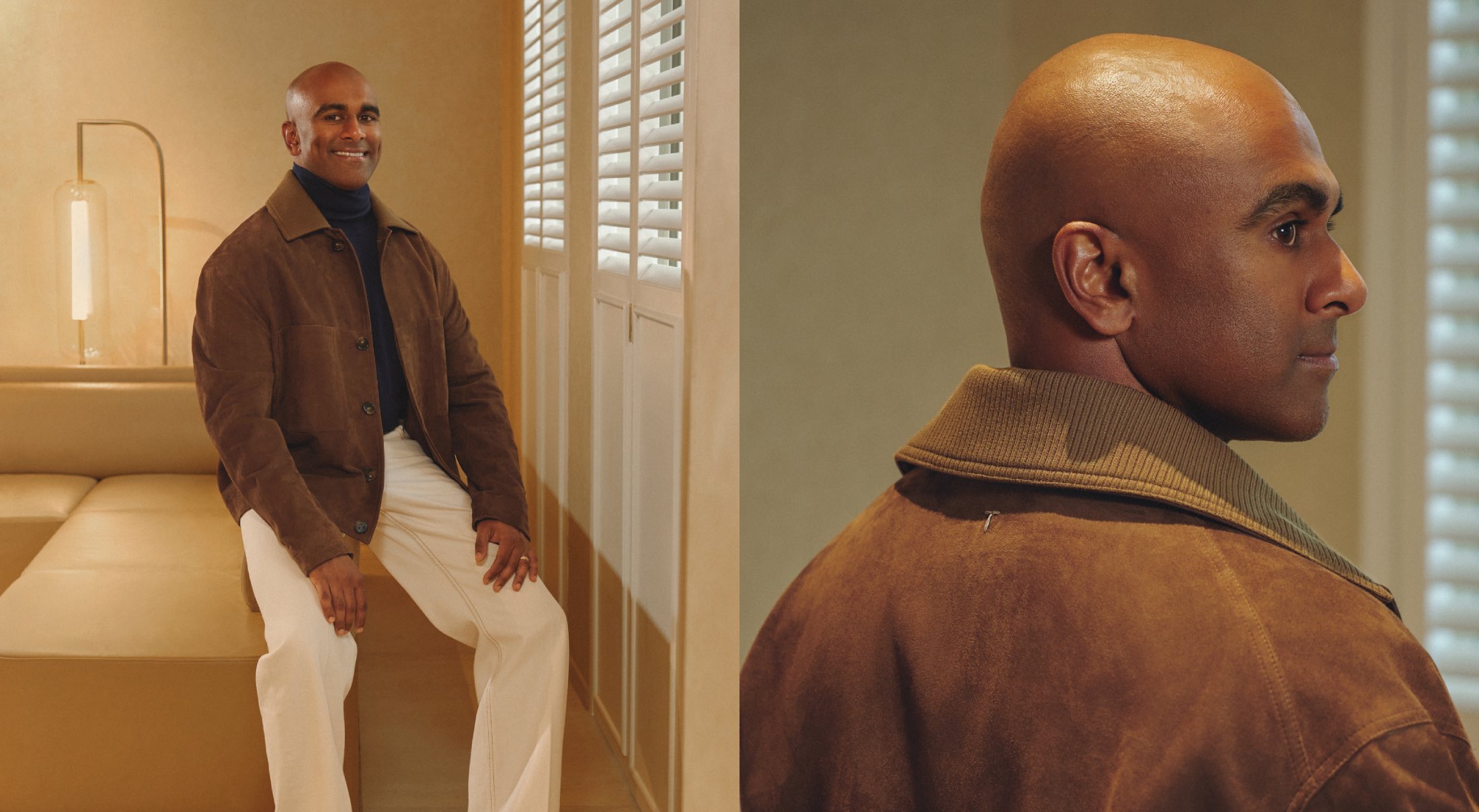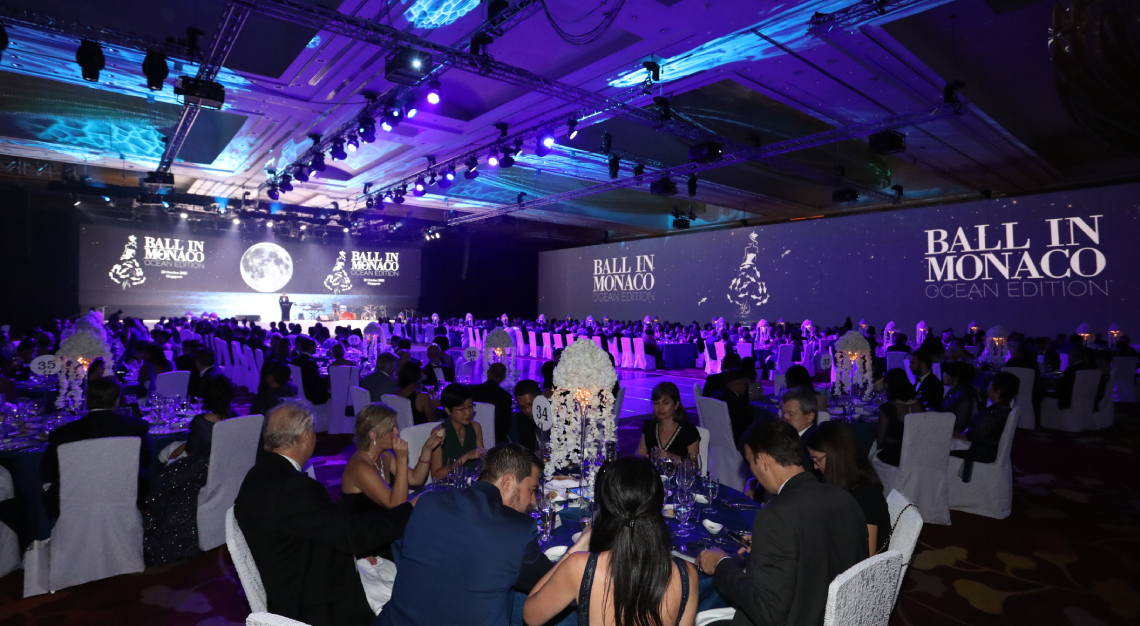In this special partnership with luxury house Tod’s, three trailblazers from finance, fitness, and the food and beverage industries share how they see their businesses through new lenses
Here, we speak with Jake Berber, CEO of Prefer, Singapore’s first bean-free coffee.
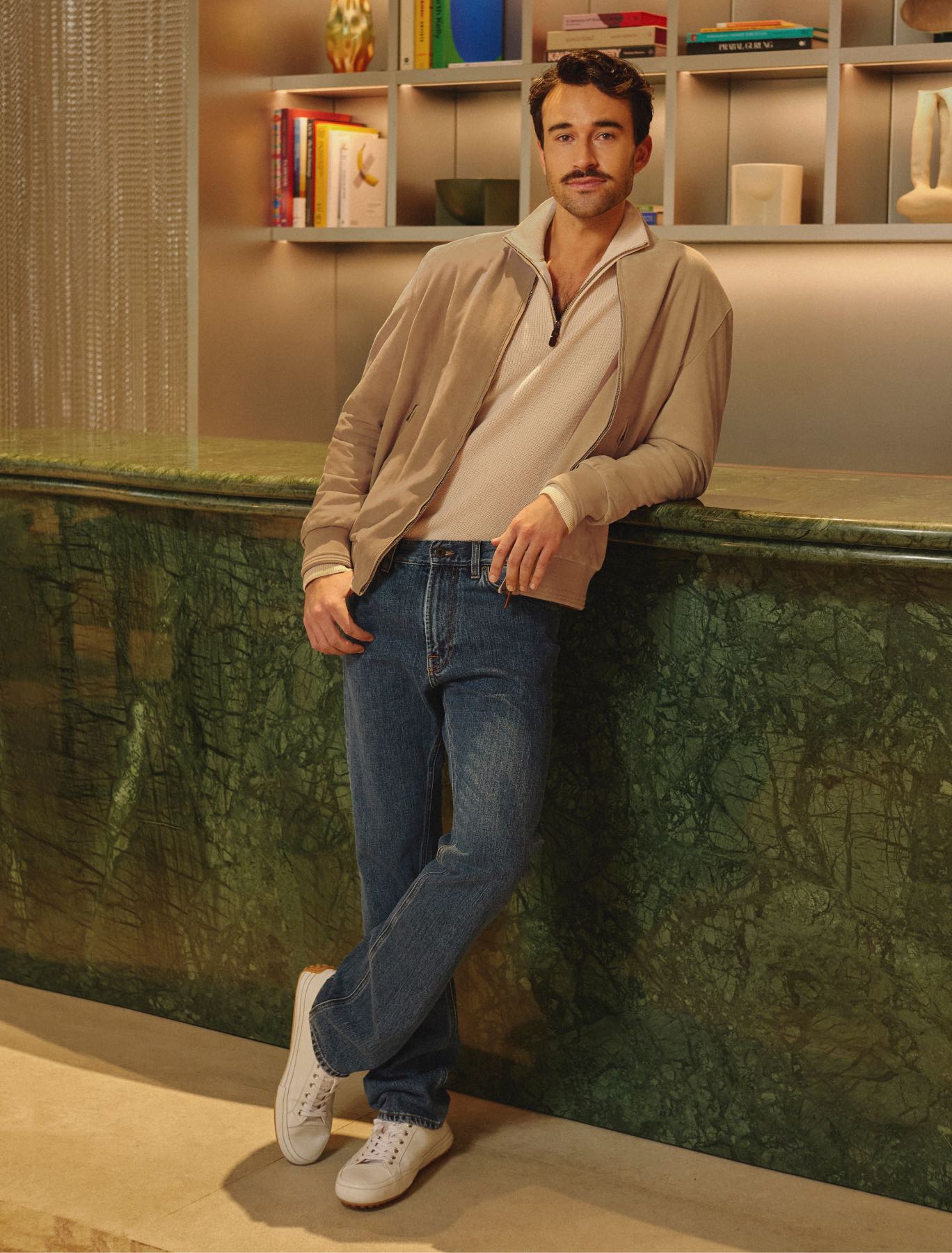
It seems self-explanatory that climate change, a complex and all-encompassing existential threat, demands appropriately big-picture solutions. Jake Berber, however, approaches the problem from a different perspective: by rethinking the everyday. In 2022, the 27-year-old Texas-born entrepreneur, together with food scientist Tan Ding Jie, founded Prefer, a Singapore start-up pioneering the creation of bean-free coffee.
While the daily cup of coffee may appear to be ubiquitous at first, the beloved beverage is facing a cyclical existential threat of its own. Climate change has increasingly affected the output of traditional coffee farms. At the same time, growing demand for coffee requires larger plantations, leading to further deforestation. This two-fold issue spurred Berber and Tan to develop a sustainable alternative. Using by-products like leftover bread and spent grain to make sustainable, bean-free coffee, it appears they’ve come up with an elegant solution.
“The technical innovation behind our product is really exciting,” says Berber. “Through fermentation, we transform everyday ingredients like day-old bread, soy pulp and spent barley into coffee. These ingredients, when subjected to fermentation processes with selected microbes, produce aromatic compounds found in traditional coffee beans.”
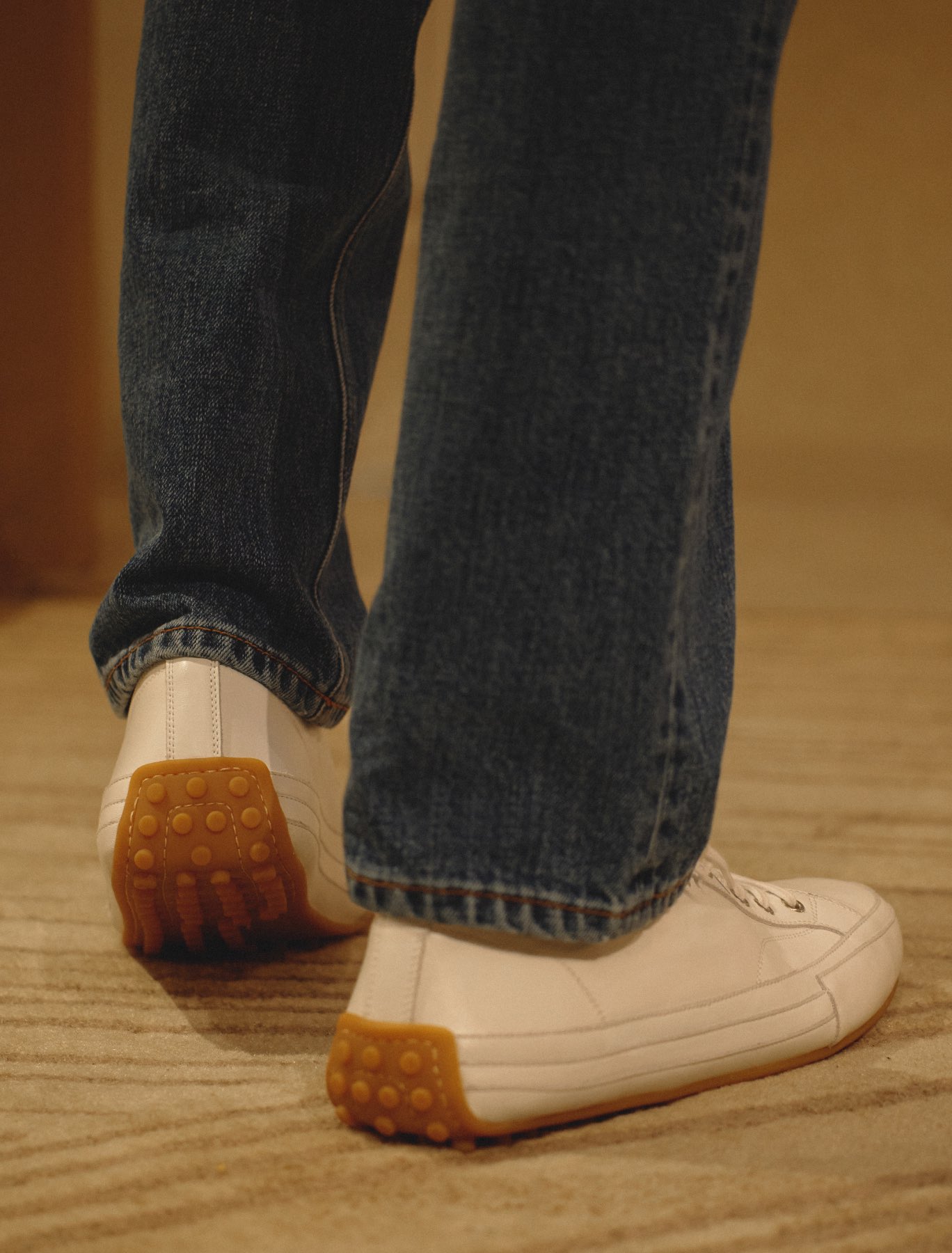
The results speak for themselves. In just two years, Berber and Tan have raised US$2 million in seed funding and have gotten their product into several cafe and retail locations. While the endeavour appears to be on the right track, innovation, in any field or industry, will always brew scepticism.
“Scepticism is natural—healthy even,” counters Berber. “We’re not asking people to abandon their beloved traditional coffee, but rather to expand their horizons and participate in shaping a more sustainable future for coffee culture.”
Those who’ve sampled Prefer’s bean-free coffee remark on its nutty, chocolatey flavour profile. Interestingly, the grounds are caffeine-free. Consumers who desire a little oomph, however, can add caffeine powder (derived from tea) to suit their needs. While passing the taste test is vital to Prefer achieving widespread adoption, it’s the brand’s potential impact on the environment that leaves the longest-lasting impression.
Prefer says that its 48-hour novel fermentation process helps reduce carbon dioxide emissions by approximately fivefold compared to traditional coffee production. That’s before taking into consideration the amount of time and resources needed to plant and harvest new coffee trees. And with the demand for coffee expected to triple by 2050, Berber believes Prefer is in a unique position to capitalise.
“As environmental pressures mount and prices for traditional coffee continue to rise, alternatives like ours will become increasingly relevant,” he explains. “We’re not looking to replace traditional coffee entirely, but to provide a sustainable and affordable complement that ensures the coffee culture can continue to thrive.”
This story first appeared in the January 2025 issue. Purchase it as a print or digital copy, or consider subscribing to us here
Read about the other two personalities here
